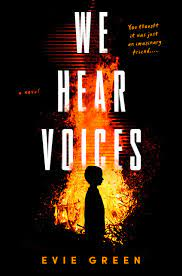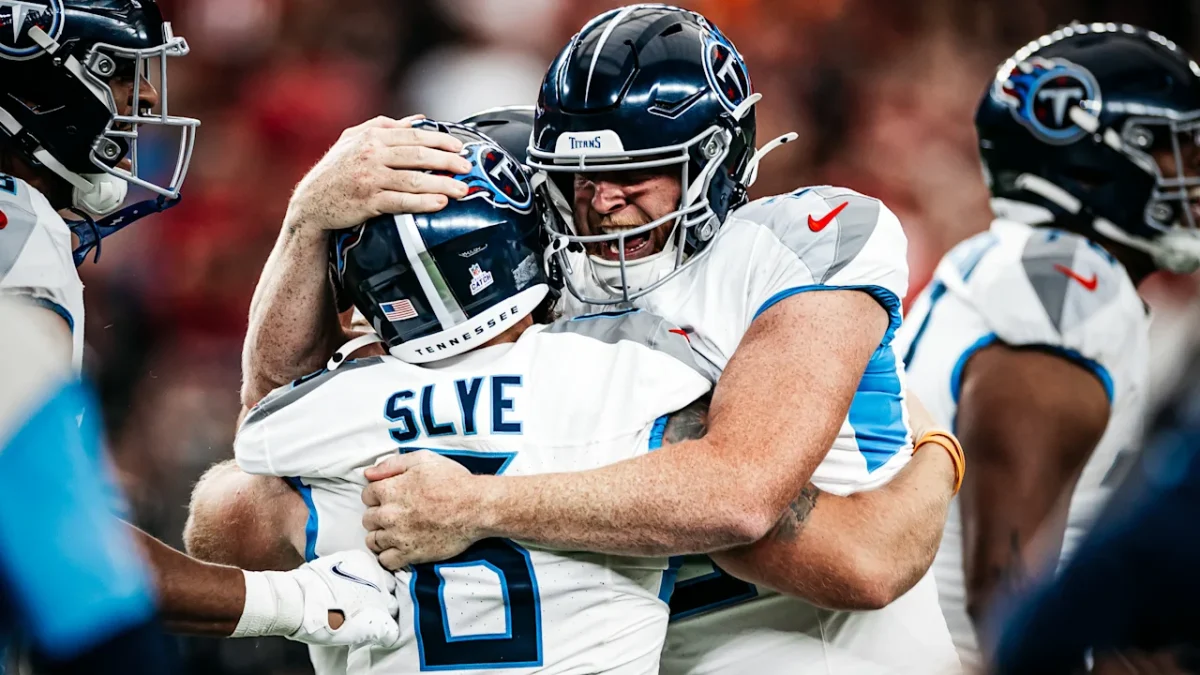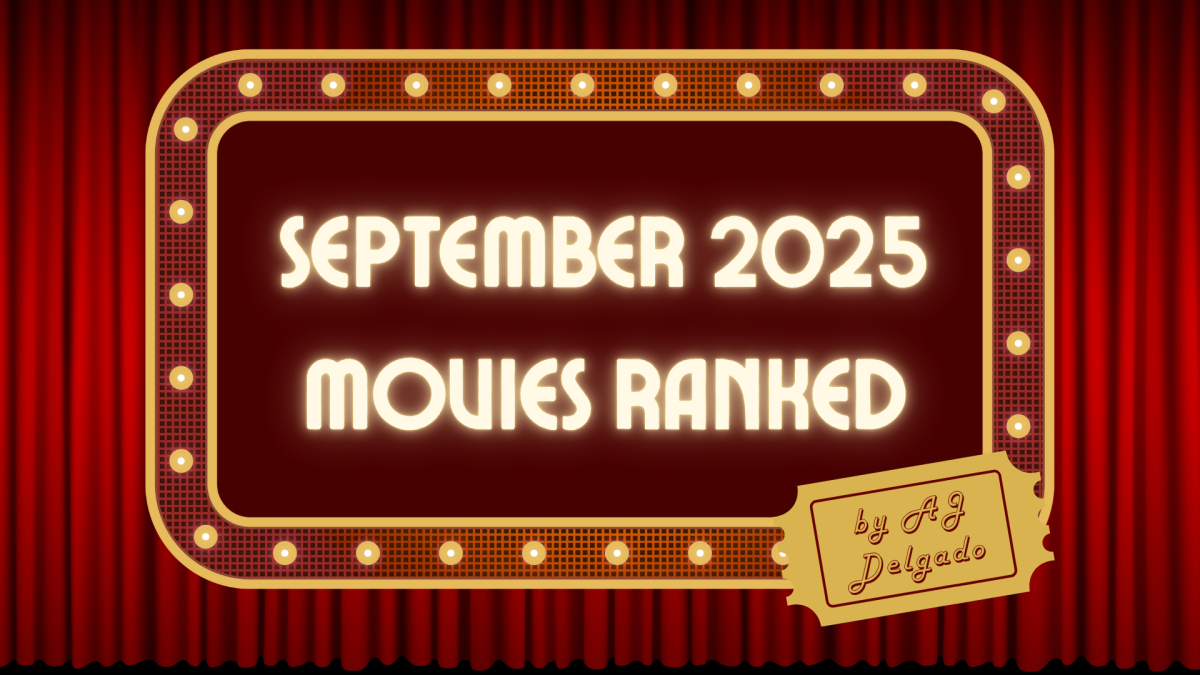We Hear Voices Review

January 21, 2022
We Hear Voices is a suspense novel written by Evie Green, involving the family of Billy, a young boy who, after barely surviving a dangerous illness, begins speaking about an imaginary friend, who starts to compel him to perform new, unsettling actions. This will contain full spoilers for the novel, although I will be omitting some details. The main aspect of the story I want to bring to notice is that neither Billy, nor his imaginary friend Delhi, or any of the other children like him, are the threat; It’s the world the characters live in.
Throughout the novel, Green reminds the audience that the family is in a poor financial situation. Despite this, unlike many other stories where this is the case, this actually impacts the plot. They have to move into a company’s worker housing, which traps them in there without a way to make an income worth anything outside the company’s services. The main dangers are all larger, societal issues that can’t just be run away from. These issues are all actually present in real life, if only somewhat less extreme.
In many pieces of media-based around suspense or horror, the threat is simple to deal with. Even if it is incredibly dangerous to the select group of people it targets, it’s limited to those few who the story is going to follow. In a Friday the Thirteenth movie, Jason Voorhees is rarely going to affect anyone who doesn’t approach the area he’s staying in. In We Hear Voices, many of the threats affecting the primary family affect many other people in this world. There’s a feeling that the story that unfolds isn’t unique to the protagonists, but that many other people in the world are having similar experiences. The threat of the children with imaginary friends isn’t solvable with brute force, simply because they are children. It’d be incredibly immoral to hurt them, and this makes them even more of an interesting aspect of the plot. They’re essentially immortal, at least in regards to direct action, not because violence doesn’t do anything, but because people don’t want to do anything. But, despite this, they aren’t the primary cause of anything large scale, outside of odd behaviors in certain children. In fact, the large corporations maintain most of the responsibility for what’s happened in the story.
The main reveal is that the cause of the widespread disease responsible for the imaginary friends and high amounts of death originated from an asteroid that has been viewed as a hopeful alternative to the Earth for when humanity is done destroying for its own needs. It began its spread in London, the primary setting for the story, from the explosion of a plane carrying astronauts who have traveled to the asteroid. World governments and space organizations have all covered this information up, refusing to take responsibility for what they’ve inflicted on their people. And even if the children of those directly responsible for this get affected, they’re shipped away to an underground facility that few outside of the elite could even hope to pay for. Everything that happens in the novel is essentially an extreme situation of our current world, although it grows a bit more realistic with every day. This potent commentary is, however, completely ruined by the ending. It’s revealed that, this entire time, that the imaginary friends were actually a sentient alien parasite. By giving a face to what was previously an incorporeal evil, the focus is removed from the people responsible for the entire situation to a generic alien species. Fortunately, this reveal only occurs at the very end, and doesn’t retroactively affect much else. I would still recommend picking up this book if you come across it for an interesting suspense story and strong social commentary.

















































